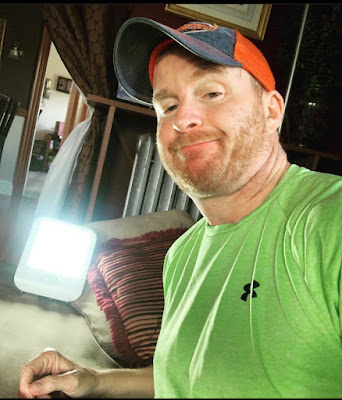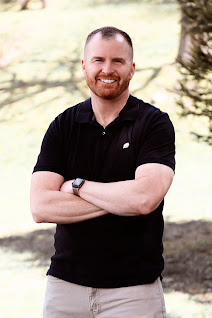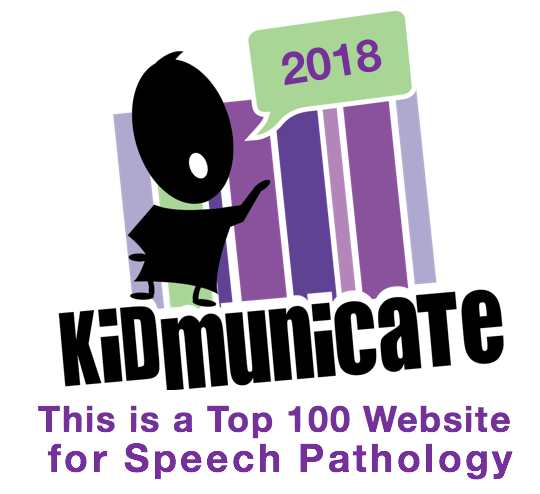Another take-away from ASHA Convention 2021 is the importance of self-care. Presentations I attended focused on strategies for ourselves and also those we can promote within our students and supervisees. It seems a pretty obvious message in some ways after another tumultous (but hopeful) year, but I thought I would take a moment to recap some ways I am using (and not using) tech for self-care as we change our calendars soon. Many of these are works in progress and not always done religiously, but they help.
#1 Light
There are cuter models, but having seasonal affective disorder, and being on the eastern edge of a time zone, on top of pandemic anxiety, is aided by white light such as that provided by the Verilux Happy Light. It produces an instantaneous caffeine-like effect and helps with regulation of your melatonin and circadian rhythm. Highly recommend- could easily be purchased for school for a passive effect while you check emails in the AM.
#2 Breath
I highly recommend checking out the free (or paid) features of both Breathwk and CBT-oriented Aura (and the free-for-one-year Balance, or Sanvello which is paid for by some healthcare plans) for various kinds of mindfulness and self-regulation coaching. Breathwk is revolutionary in its varied content and provision of scientific rational for different breathing exercises, all of which you would be able to carry over to outside the app (e.g. when you wake up and can't sleep, before an IEP meeting).
#3 Distraction
Podcasts are a great distractor. They actually make me look forward to a ride here or there for work. Get lost in a conversation or narrative. I love Good Job Brain and Conan O'Brien Needs a Friend Maybe not True Crime, folks.
#4 Bibliotherapy
Overdrive via my public library card in addition to a Kindle, a real one, not the Kindle app that can walk you into social media less-great distraction on your phone, leads me to reading that brings me places and won't break the bank. Right now Keep Moving: Notes on Loss, Creativity, and Change by Maggie Smith (the poet, not the Dowager Countess) is helping me quite a bit. I also like to keep a semi boring nonfiction title on my Kindle at all times to aid in sleep. Avoid books about the End of the World like I didn't (below, also see A Children's Bible, Weather, and Good Morning, Midnight).
#5 Movement
I'm still a huge fan of exercise as a key component of self-care- In my case, my Apple Watch is my key motivational tool; closing my rings (except this week when I had a cold, then a booster shot!) is a daily thing.
#6 Presence
Above all, we can watch how much we are consuming news and social media. I have been practicing intentions and timed logouts of particularly Facebook. iPhone's latest operating system (there are 3rd party apps for this and Screen Time settings, previously released) has a Focus feature where you can limit notifications or app use of particular channels or contacts.
Take care!








